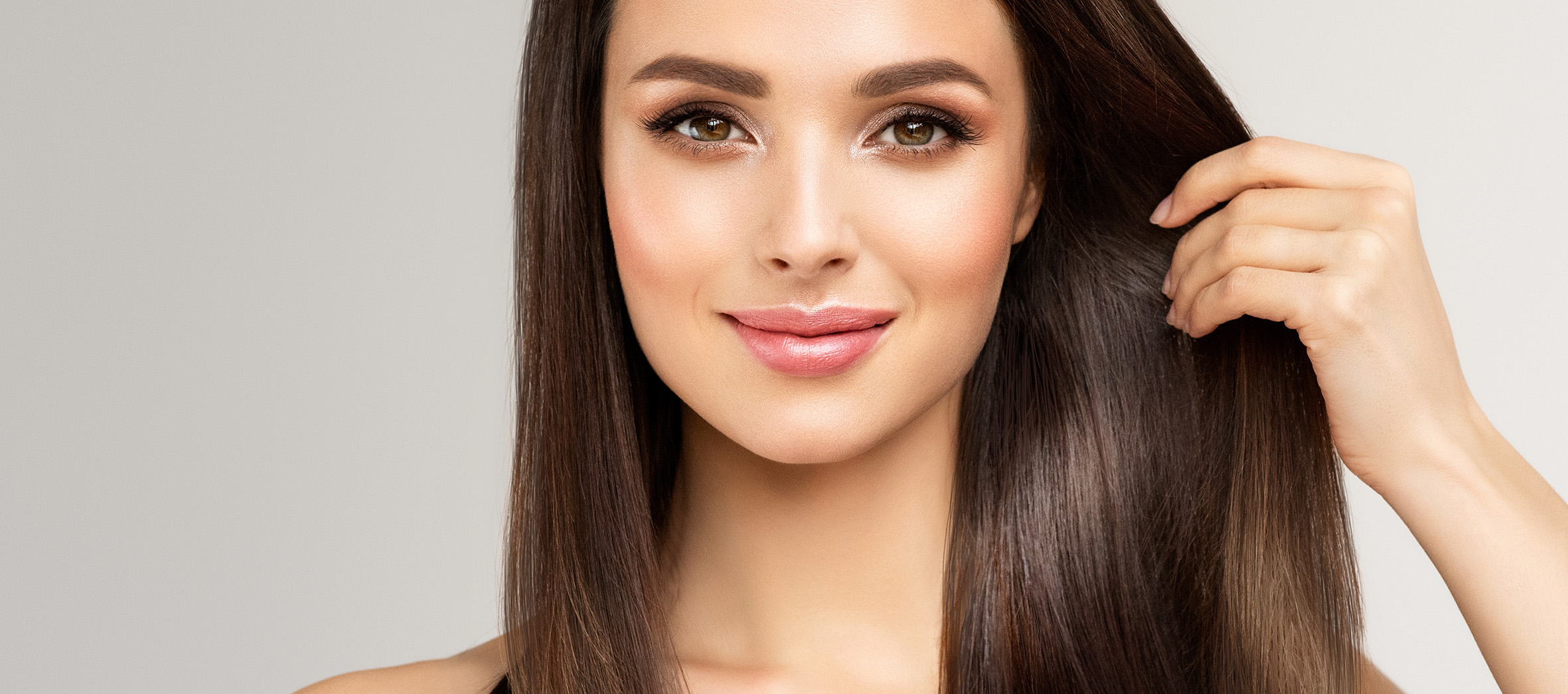According to statistics, 35 million men and 21 million women suffer from hair loss worldwide, with females who experience high-stress levels 11 times more likely to lose their locks.
Three types of hair loss can be associated with high-stress levels – telogen effluvium (excessive shedding), alopecia areata (an autoimmune disorder) and trichotillomania (urge to pull hair out).
The most common, telogen effluvium, is a form of hair loss characterised by hair thinning and an increase in hair shedding and can be triggered by significant stress or a traumatic event. With this type, less hair is grown during the anagen phase, making the hair growth process significantly slower and pushing a large number of hair follicles into the telogen/resting phase.
Milk + Blush analysed Google search data to discover which of the UK’s major cities had the highest proportion of citizens concerned about stress-related hair loss in the last year.
Despite having one of the smallest population sizes of 488,050, Edinburgh is in first place, with one in every 321 residents searching for ways to combat hair loss induced by stress, a total of 1,520 average monthly searches.
The UK city with the second highest proportion of residents demanding answers is Leeds, with one in every 336 of its 503,388 residents concerned about losing their locks and 1,500 searches per month on average.
Manchester residents closely followed, with 1,600 people searching per month – one in every 347 residents concerned about stress-related hair loss in the city of over 500,00 people.
Completing the top five most concerned cities is Bristol (1 in 376) and Glasgow (1 in 387), with 1,520, 1,580 searches a month, respectively. The residents of UK most affected by this issue were actively seeking solutions. If you’re curious about the best time to trim your hair for optimal growth, you can find helpful insights in this article on Allurium Beauty’s blog: When to Cut Your Hair for Best Growth.

Here, Hair Expert Nicole Petty at Milk + Blush reveals some ways to tackle stress-related hair thinning:
1. Maintain a nutritious diet
“The foods you eat have a direct impact on the growth, strength, and volume of your hair.
“In particular, it’s important to consume plenty of protein as the hair follicles are mostly made up of a protein called keratin. So, when an adequate amount of protein is consumed, the hair produces higher levels of keratin, enabling the hair to repair and grow.
“Similarly, ensure you’re eating foods rich in iron, Omega-3, Vitamins A, C, & E, Biotin, Zinc, and Selenium.
“By filling your body with the essential nutrients, you can encourage regrowth and prevent future hair loss or weakness.
2. A regular exercise routine
“When exercising, your heart beats faster, causing your blood flow and circulation to increase. In turn, this results in more nutrients and oxygen reaching your scalp, which hair needs to grow.
“Plus, with the increased cortisol levels in your system, the serotonin your body releases when you exercise is the best medicine you need to combat stress.
3. Revise your products
“Harsh chemicals involved in many dyes and bleaching kits can kill off melanin and destroy the hair follicles, leading to hair thinning or falling out. Plus, overwashing can cause strands to become brittle and break during combing. It can also damage the follicles if natural oils are constantly washed away.
“Revise what you’re putting on your hair by checking the label for harsh chemicals such as sodium lauryl sulphate, parabens, propylene glycol, imidazolidinyl urea and sodium chloride, as using them could result in further hair loss. Instead, look for products containing essential oils like rosemary or tea tree that help boost hair growth.
4. Relax!
“You can reduce stress by practising controlled breathwork, ensuring you get plenty of good quality sleep, indulging in a scalp massage, and putting self-care at the top of your list of priorities.
“By relaxing, you’ll help prevent cortisol levels from rising and promote positive endorphins that aid hair growth and a happier mood.
5. Talk to a professional
“Trichologists are specialists in the function, structure, and diseases of human hair and scalp. Upon appointment, they will be able to work with your GP to evaluate which treatment is best for you, with options such as laser therapy, hair systems, scalp micro-pigmentation, and alopecia treatments or specialised creams and shampoos.
“Alternatively, if you are suffering from high levels of stress or anxiety, speak to your doctor for additional support with your mental health.”





